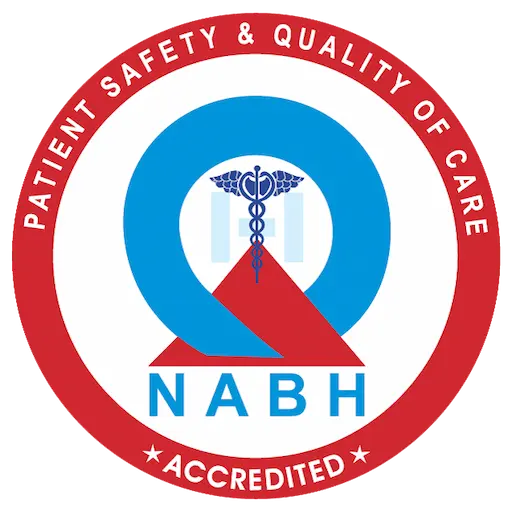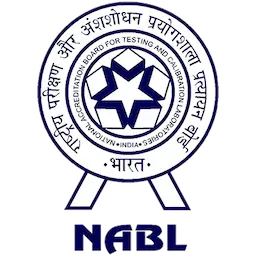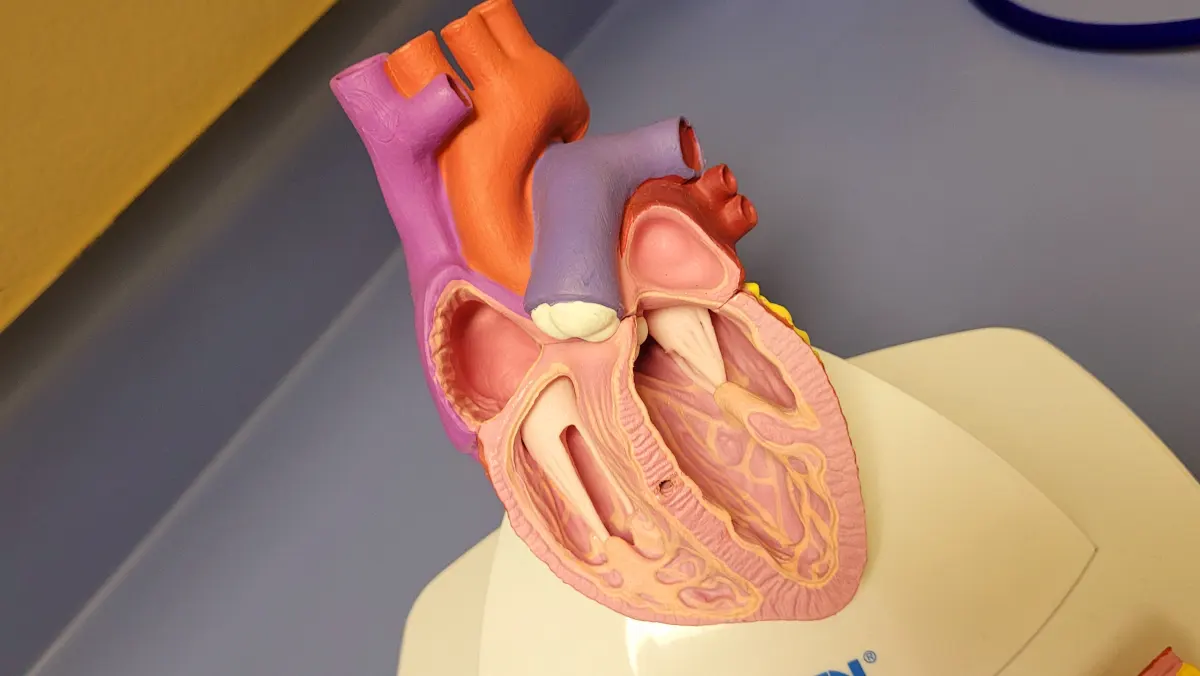Frontier Lifeline Hospital’s state of art outpatient clinics provide a range of services to help diagnose and manage various heart conditions. Here are some of the services commonly offered in these clinics:
Master Health Cardiac Evaluation: A master health evaluation is a comprehensive physical examination that includes a detailed medical history, a physical examination, and various diagnostic tests to assess your overall health. This evaluation can help identify risk factors for heart disease and other health conditions, and can help guide your personalized treatment plan.
Electrocardiogram (ECG or EKG): An ECG is a non-invasive test that records the electrical activity of your heart. This test is used to diagnose heart conditions such as arrhythmias, heart attacks, and heart failure. The test is painless and involves placing electrodes on the skin of your chest, arms, and legs to record the electrical signals.
Echocardiogram: An echocardiogram is a non-invasive test that uses sound waves to create images of the heart. This test is used to evaluate the structure and function of the heart, and to diagnose heart conditions such as valve problems, heart muscle disease, and congenital heart defects. The test is painless and involves placing a small probe on the chest that emits sound waves to create images of the heart.
Treadmill Test (TMT): A TMT, also known as a stress test, is a diagnostic test that evaluates the heart’s response to physical activity. During the test, you will walk on a treadmill while your heart rate, blood pressure, and ECG are monitored. The test is used to diagnose heart conditions such as coronary artery disease, arrhythmias, and heart failure.
Holter Test: A Holter test is a diagnostic test that records the electrical activity of your heart over a 24-48 hour period. During the test, you will wear a portable device that records your heart rhythm, which can be analyzed to detect abnormal heart rhythms or other heart conditions. This test is used to diagnose conditions such as arrhythmias and syncope.
Overall, our outpatient clinics provide a wide range of services to diagnose and manage heart conditions. These services can help detect heart problems early, and can guide personalized treatment plans to help prevent heart disease and manage existing heart conditions.
What Are the Benefits of Non-invasive Cardiac Procedures?
There are many benefits to using Non-invasive cardiac procedures. First and foremost, it is a safe and effective option that uses ultrasound technology to measure heart function and blood flow, and they are highly accurate.
They are also more comfortable than traditional methods. Patients do not have to wear a restrictive ECG monitor, and there is no pain or discomfort associated with the procedure.
Cardiac procedures are also more convenient than traditional methods. They can be performed in a doctor’s office, and there is no need for special equipment or training.
What Are the Side Effects of Non-invasive Cardiac Procedures?
Cardiac procedures are relatively new procedures, and as such, there are some uncertainties about the side effects. However, early studies have shown that the side effects are minimal and generally mild.
Most patients report only a few days of minor discomfort after the procedure. There are no major risks or side effects associated with cardiac procedures, making it a safe and effective option for those who need to improve their heart health.
Conclusion
There are a number of different types of Non-invasive cardiac procedures, and each offers its own set of benefits like it helps you lose weight, improving your cardiovascular health, and boosting your energy levels. You can approach the experts at Frontier Lifeline Hospital to help you understand the differences between them and they will also guide you by choosing the best option tailoring to your needs to help you lead a safe and healthier life.



